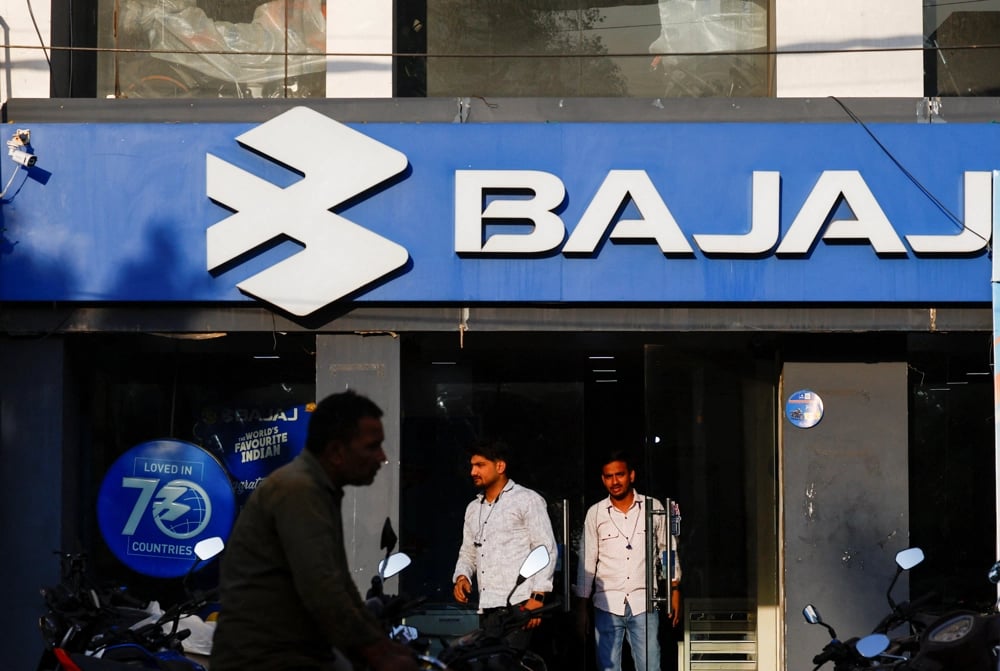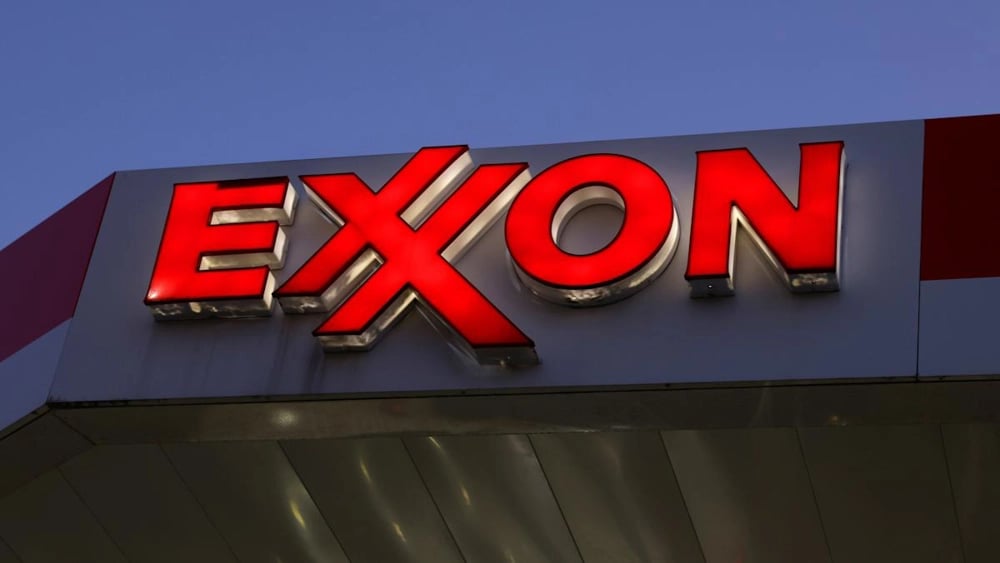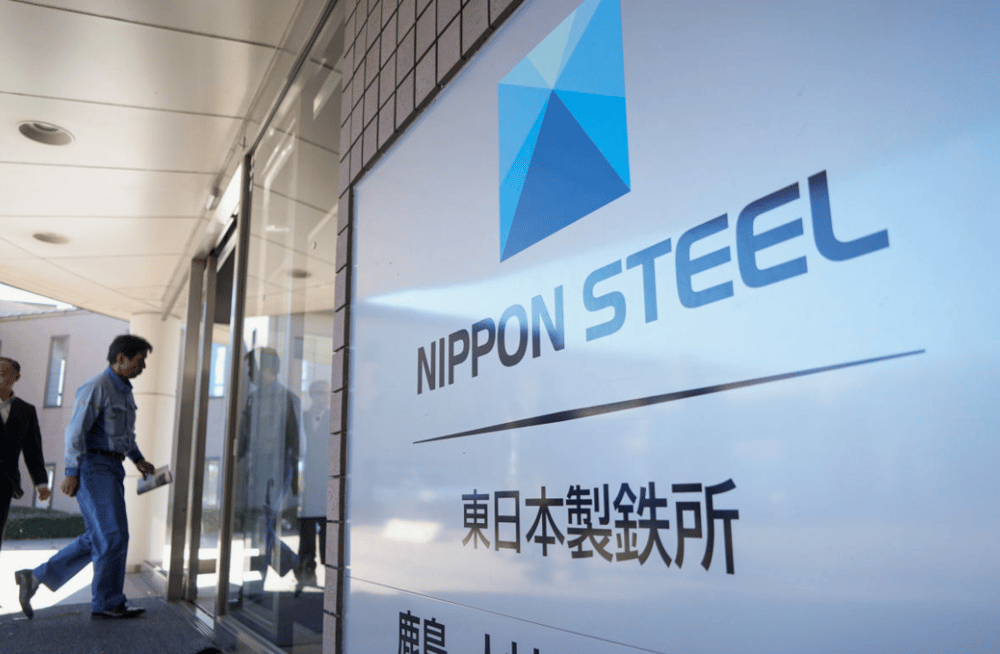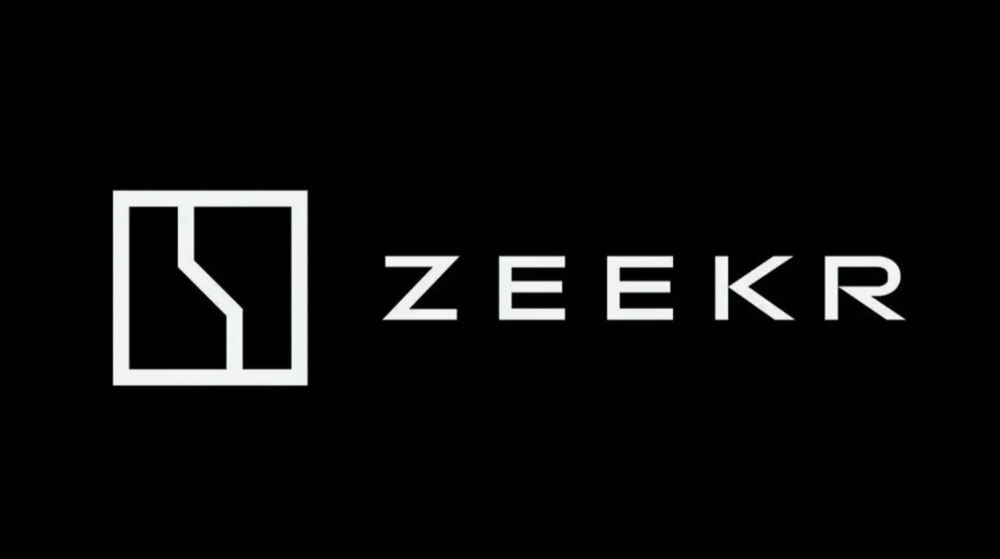Indian automaker Bajaj Auto $BAJAJELEC.NS, a key player in the electric vehicle (EV) sector, is facing significant challenges due to a shortage of rare earth magnets, essential components for electric motors. China dominates over 90% of global production of these magnets, which are critical not only for EVs but also for clean energy technologies and household appliances. In April 2025, Beijing imposed export restrictions requiring companies to obtain special permits, disrupting supply chains and jeopardizing Bajaj Auto’s plans to scale up EV production by July.
China’s Export Restrictions on Rare Earth Materials and Their Consequences for Bajaj Auto
Rare earth magnets are fundamental to the efficiency of electric motors used in EVs and various green technologies. China’s near-monopoly on the market gives it significant leverage over global supply. The export controls introduced by China have caused delays that directly affect Bajaj Auto’s production schedules.
Magnets destined for Indian manufacturers have been held at Chinese ports since April 4, 2025, leading to halted assembly lines and production slowdowns. In response, Indian automotive industry representatives have appealed to Prime Minister Narendra Modi’s government for intervention to resolve the logistical and diplomatic impasse with China. This situation highlights the vulnerability of global rare earth supply chains and underscores the strategic risks for manufacturers dependent on Chinese materials.

Key Facts
China controls over 90% of the global production of rare earth magnets.
New export restrictions and permit requirements were introduced by China in April 2025.
Supply delays impact Bajaj Auto and other electric vehicle manufacturers.
Rare earth magnets have been held at Chinese ports since April 4, causing production interruptions.
Indian automakers have requested government support to mitigate the crisis.
Market Reaction to China’s Rare Earth Magnet Shortage and Production Delays at Bajaj Auto
Financial markets have responded with increased volatility amid China’s tightened export controls. Shares of EV manufacturers, including Bajaj Auto, have experienced declines due to supply uncertainty. Industry analysts emphasize the urgent need for diversifying rare earth supply chains and strengthening international partnerships to reduce reliance on China’s monopoly.
Experts also predict that the current constraints may accelerate innovation in alternative technologies that use fewer rare earth magnets or rely on materials sourced from emerging suppliers in regions such as Australia and the United States, where mining of rare earth elements is gaining momentum.

Key Takeaways
China’s export restrictions triggered a global shortage of rare earth magnets.
Bajaj Auto faces potential production delays of electric vehicles by July 2025.
The Indian government is considering support measures for affected automakers.
Market uncertainty has increased, impacting stock prices of companies in the EV sector.
There is growing emphasis on supply chain diversification and alternative material development.
Implications of the Rare Earth Magnet Shortage for the Global Electric Vehicle Market
China’s export limitations on rare earth magnets reveal a critical vulnerability in the global supply chains of electric vehicle production. For Bajaj Auto and similar manufacturers, addressing this challenge requires swift governmental action and proactive sourcing strategies. While the disruption may spur technological advancements and supply chain resilience in the long term, the immediate impact poses significant risks to production timelines and costs.








This sale could significantly influence the trajectory of automation within the tech sector
We’re witnessing automation evolve from a tool to a transformative business engine